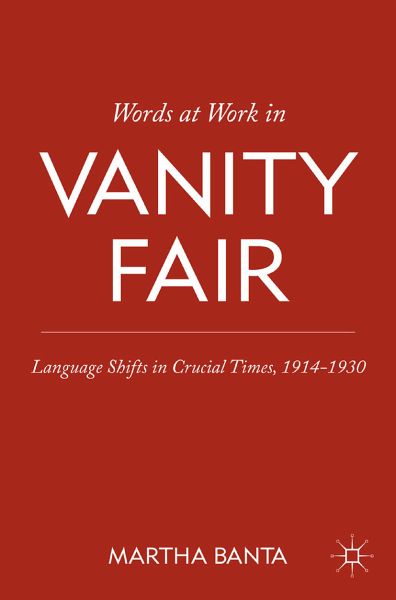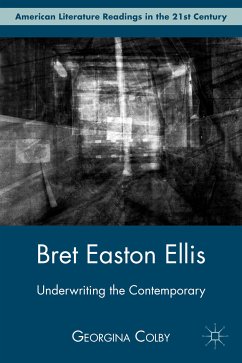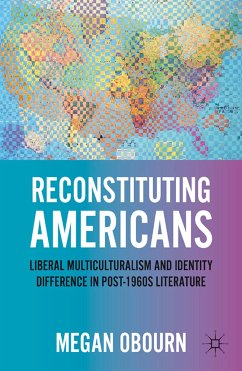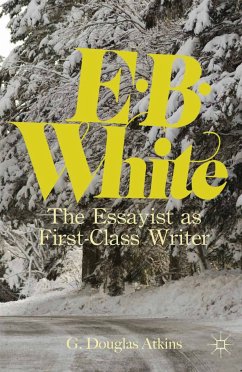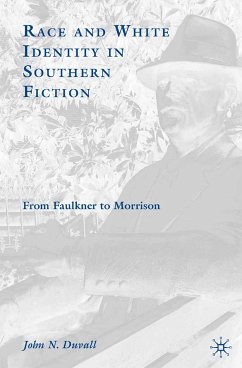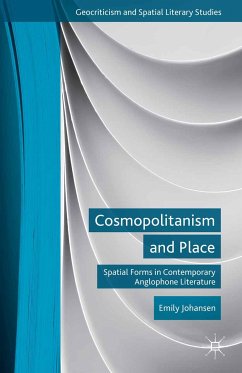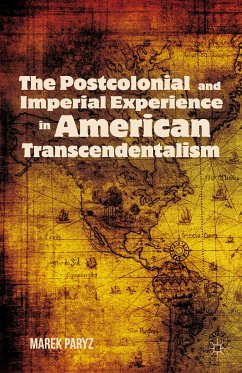"This excellent exposition of words illuminates history and points toward how to read in the present. Banta (emer.,English, UCLA) brings into focus shifts in meanings worked into "intelligent talk" by influential essayists writing in the magazine Vanity Fair, which was published by Condé Nast and edited by Frank Crowninshield. With the stated aim to "tell the truth entertainingly," the magazine published such writers as H. L. Mencken, Walter Lippmann, Edmund Wilson, Aldous Huxley, Dorothy Parker, Dorothy Richardson, T. S. Eliot, Sherwood Anderson, and Robert Benchley. Banta examines how the words and phrases these writers worked with repeatedly - the New Woman, correct, patriotism, democracy, manners, morals, pleasure, war, and so on -
involved the shaping of politico-speak during the Harding, Coolidge, and Hoover administrations, the Great War, and the crash. This volume "differs from, but moves alongside" the work of linguistic theorists; in Banta's analyses, defining wordstakes a fuller accounting of when, in what context. Unlike books about words in the abstract or in particular venues, this is an innovative study of "words at work" in the public consciousness. A valuable resource in linguistics, journalism, English, American studies, and communication. Summing Up: Highly recommended. Upper-division undergraduates through faculty and professionals." - CHOICE, T. B. Dykeman, formerly, Fairfield University
"An immediate question is why no one before Bantathought to focus on Vanity Fair as a touchstone for this era, or to concentrate on the 'occasional' essays written by writers who would go on to become the leading lights of their generation. But where Banta most succeeds is in taking this insight and developing it into an extended examination of the way important words work in a period, and in working, change the way we think about cultural issues." - Lee Mitchell, Professor of English, Princeton University
"With characteristic style and wit, and the dazzling range of cultural reference her readers have come to expect, Banta delivers an engaging 'capsule biography' of a key but neglected institutional player in American modernism from the Great War to the Great Depression. Drawing on essays by the startling array of contributors to Vanity Fair's pages during these years - from Dorothy Parker, Edmund Wilson, Bertrand Russell and Dorothy Richardson to Walter Lippmann, T.S. Eliot, Jean Cocteau and Clare Boothe Brokaw [Luce] - Words at Work in Vanity Fair traces the evolving values and vocabularies of the self-proclaimed 'magazine for MODERNS' through the Wall Street Crash. The result is a revealing portrait of the American language in transition, and a tour-de-force of cultural analysis that resonates powerfully with the culture wars and political debates of our own time." - David McWhirter, Texas A&M University
